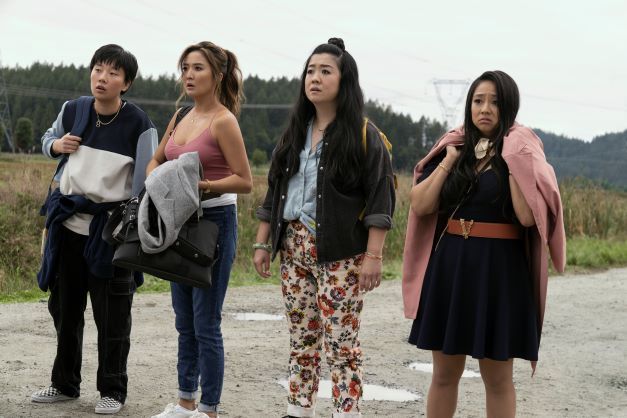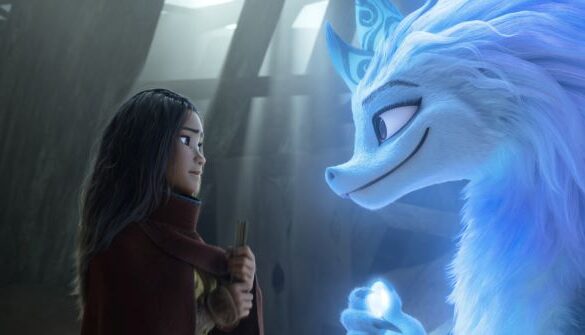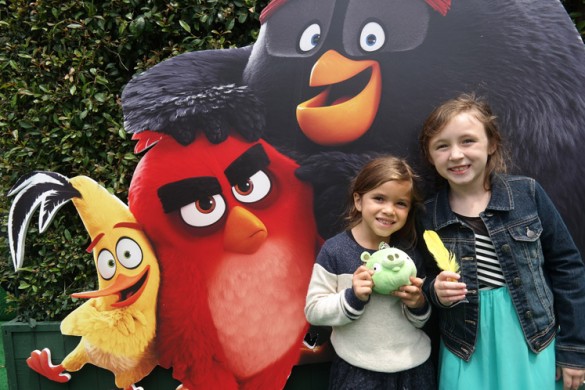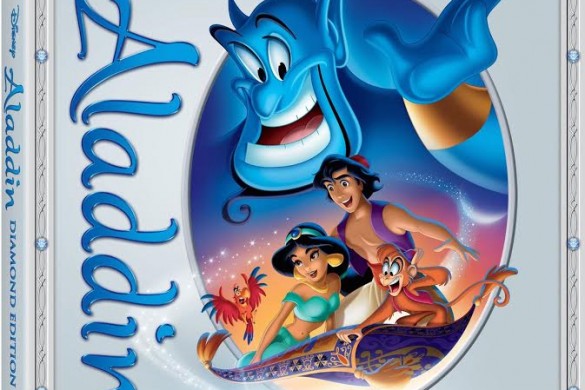“Joy Ride,” Adele Lim’s directorial debut, is a refreshing female ensemble that shows no fear in putting a comedic twist on racial commentary. The globe-trotting flick celebrates friendship and sisterhood through the Asian lens while taking its characters on a sex and drug-filled journey of self-discovery. Though unapologetically raunchy, it’s a film that will surely make you laugh out of your seat and ponder why a major studio didn’t release something like this sooner.
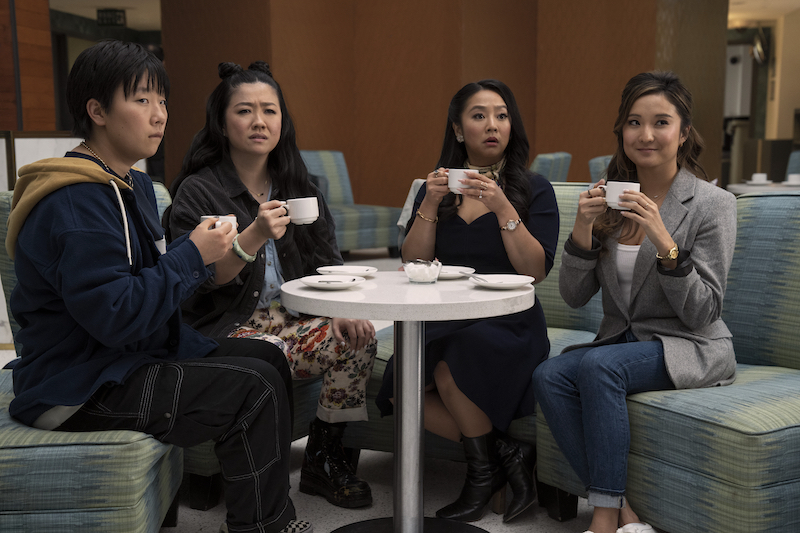
“Joy Ride” opens with Lolo’s family moving from California to a quiet small-town suburbia in the middle of America. While at a park, they feel like they don’t fit in as they can’t find anyone who looks like them. That’s when a family introduces themselves and Lolo to their adoptive daughter, Audrey. The two kids hit it off immediately and forge an instant friendship when Lolo fearlessly confronts a bully by punching him in the face. From there, they are inseparable.
Years later, the two drifted apart career-wise. Audrey is now a successful lawyer on the verge of getting a promotion, while Lolo is a starving artist struggling to sell her sexually explicit pieces. However, the two are about to embark on a grand adventure in China, where Audrey has to close a deal for her firm, while Lolo helps break through the language barrier by being her translator. Though the trip is a huge opportunity for Audrey to advance her career, Lolo sees it as a chance for her best friend to reconnect with the motherland and find her birth mom.
But before they can go on this grand adventure, Lolo’s cousin and K-Pop enthusiast Deadeye (Sabrina Wu) and Audrey’s best friend and Chinese TV actor Kat (Stephanie Hsu) tag along. Of course, things don’t go smoothly, and they are taken off course to experience one comedic calamity after another, where our group of four Asian friends finds out a lot more about themselves and each other during this raunchy journey.
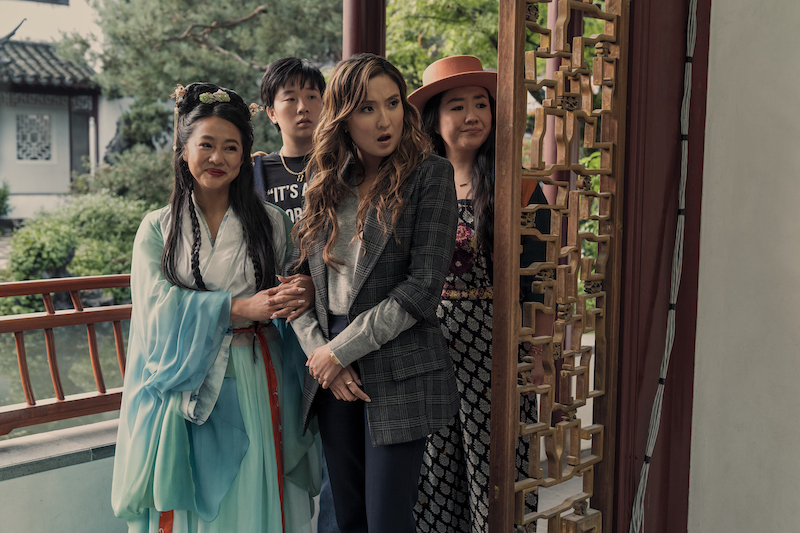
On the surface, “Joy Ride” looks like any other female-ensemble comedy. But underneath the superficial exterior is a film that explores identity and belonging through the Asian lens. Lim’s character-driven script fleshes out each of the characters’ arcs through unapologetic humor and honesty. All four couldn’t be any more different, each with their personality flaws leading to interesting clashes and bonding moments. For Audrey, she finds herself struggling with her identity. She’s too Asian in America – her colleagues throw her a Mulan-themed birthday party and identify as an ally -, but she isn’t Asian enough when she is in China. She doesn’t speak Chinese, doesn’t like boba, and tries to connect with her Chinese associates by drinking lots of alcohol or eating Thousand Year Eggs – despite being disgusted by it. Lolo is far more connected to her Asian identity, often serving as a social bridge to Audrey, who is out of touch and bases everything she currently knows about forging business relationships on books she’s read.
Meanwhile, Lolo and Kat are at odds with each other and vying for Audrey’s attention. Meanwhile, Deadeye is simply trying to fit in and impress her friends with her social media connections – whom she’s never met in real life. They are more than encouraging gal-pals lost on a trip that’s gone terribly wrong. Though the group has their differences in personalities and careers, this trip reveals how they are more similar to each other than initially thought. Eventually, each accepts the other’s flaws without judgment and is a solid emotional support system.
Cherry Chevapravatdumrong and Teresa Hsiao’s script has the right balance of much raunchy and vulgar humor and emotional nuance and heart. Watching how the four react to one disaster after another is hilarious, and they’re all in service of the story. Their script reclaims the Asian narrative and has a refreshing twist on identity. All that while, the four go on all-night benders, accidentally becoming drug mules and turning themselves into a K-Pop band. Sure the humor is laced with profanity, and the sex and drug references are profound, but the real heart of this is how it doesn’t overshadow the cultural specificities or themes of identity and acceptance.
While “Joy Ride” is essentially a female-ensemble comedy piece, Audrey’s journey of self-discovery is the film’s gravitational center. She is an outsider who finds these hollow validations in her colleagues, who see her as the token Asian. There’s also a disconnect with her friends because she doesn’t speak the language or doesn’t enjoy some of the simple delicacies. Her experiences in the workplace and on this trip to find her mother helps her see what she has been missing all her life and how her apologetic behavior prevented her from embracing who she is. Though some of that is used for comedic purposes, it advances her arc organically. It also speaks to the more prominent themes of identity and belonging, as all of the characters are looking for a meaningful place in life.
The rest of the cast also shines brightly. With Cola and Park’s chemistry being the core of the group. Their comedic timing is on point and very organic, so much so that you would believe that they are that tight in real life. And it’s great to see the range that Hsu has post “Everything Everywhere All at Once” Oscar for Best Supporting actor nomination. Her character is invested in keeping her past a secret from her fiancé at any cost. Its great to see how her character wants to move away from that and it’s equally as funny to watch her try to keep a tight lid on it as well. But Wu is the scene-stealer of the group, as she helps keep the group on track with some of her wild outbursts. Her journey is as essential as anyone elses as she is also navigating her place while also embracing her gender identity and figuring out or not her friends on social media are sincere.
All four occupy a small space, but they give each other a chance to learn from each other and teach each other lessons while being funny, joyful, and messy. It makes “Joy Ride” is more than a female-ensemble comedy viewed through the Asian lens. Here we see women be themselves because it comes from an authentic place that is written, directed, and performed by women. What’s more, the comedy has as much humor as it does heart, bringing a universal story that every one can resonate with and adding some cultural specifies to make it nuanced and aware of the society that we live in today. And it shows no fear in putting a comedic twist on racial commentary.
“Joy Ride” is an unforgettable trip with a great group of friends getting to be themselves, ugly and all. There are moments when the laughs are non-stop. And then there are moments that remind us about how everyone has struggles in their search for their identity and place in this world. Chevapravatdumrong and Hsiao has us connect to these characters because the friendships and the existential crisis that all four have are real and address some of the racial issues we face today with a comedic twist. If anything, “Joy Ride” tells us that Asians can get into as much good trouble as anyone else.
9/10

